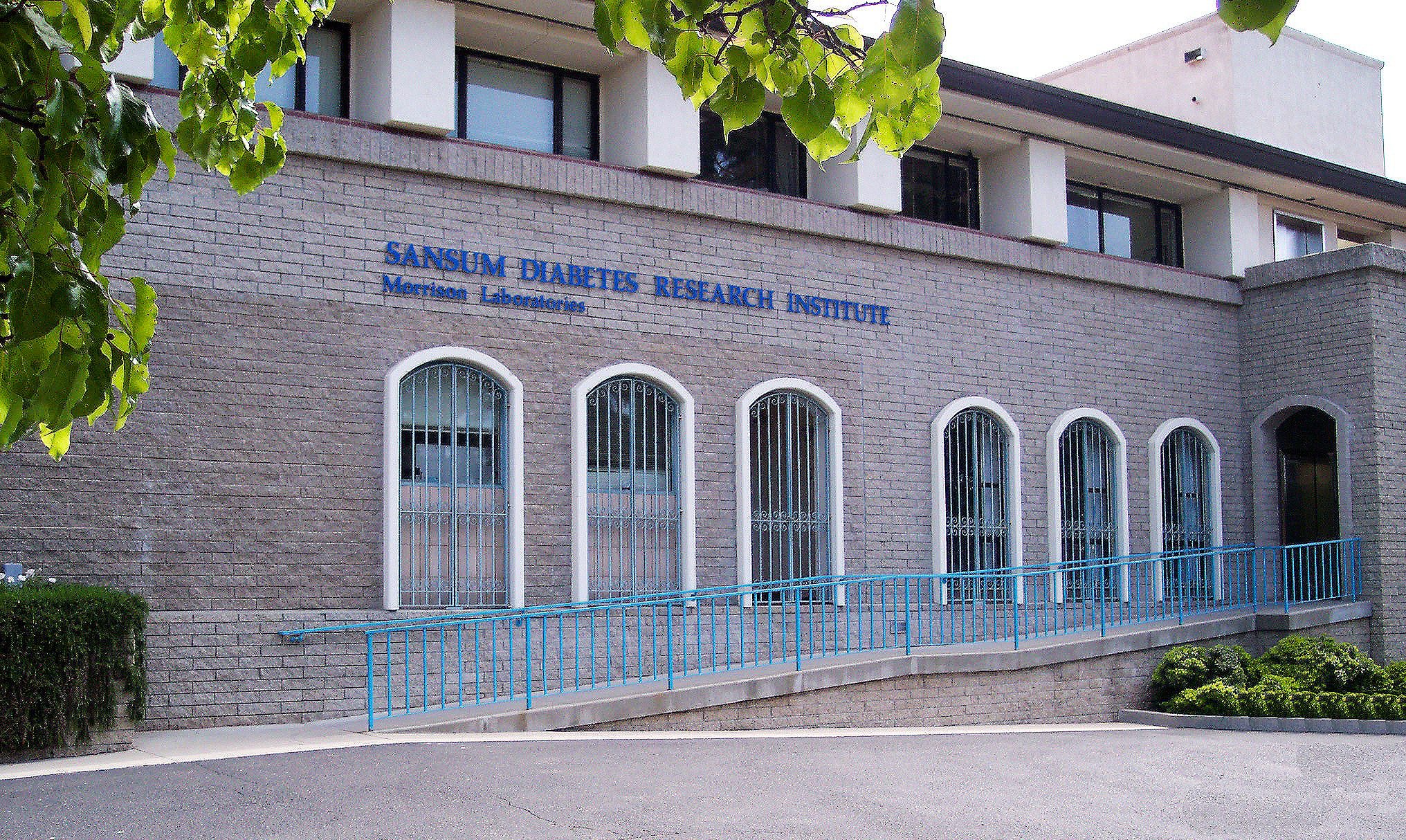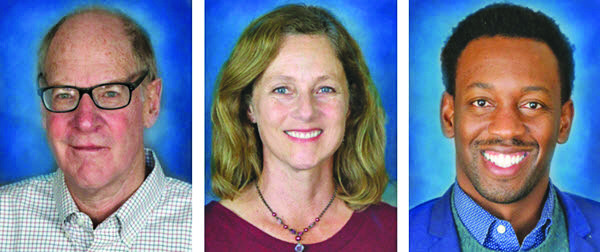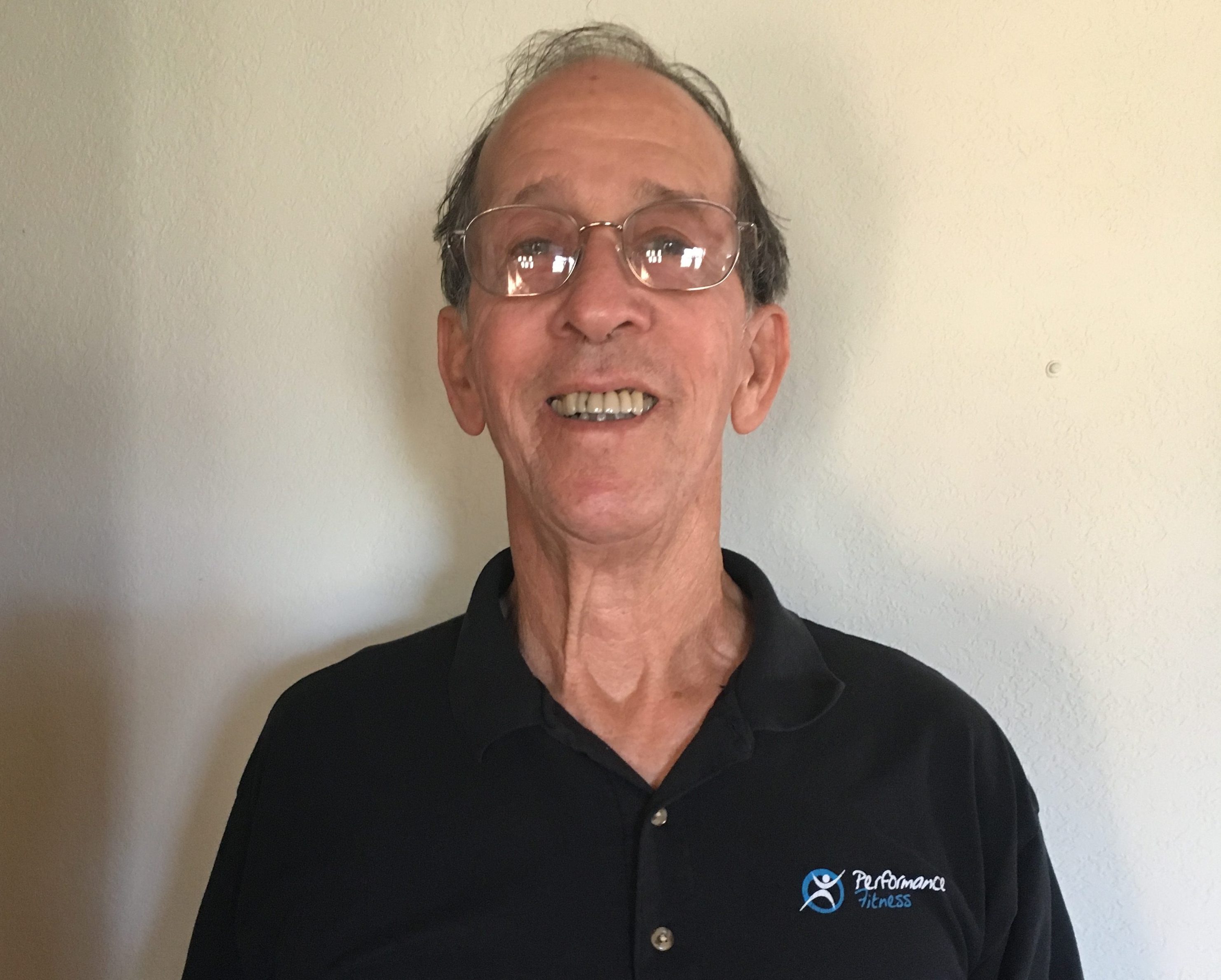Staff Report
Sansum Diabetes Research Institute (SDRI) is poised to expand proven research programs that not only benefit people living with diabetes, but also reduce the impact of COVID-19 in the midst of this deadly global pandemic. SDRI is also at the center of the COVID-19 conversation: how the virus affects the diabetes community and ways to protect people at risk.
Evidence from around the world shows that people with diabetes, high blood pressure, and those who are overweight are at much greater risk of serious complications and death from COVID-19.
Newly released data from the Centers for Disease Control shows that COVID-19 disproportionally affects minorities, notably the Hispanic-Latino community, here in California, and across the United States. For example, CDC statistics show that Black and Latino people have been nearly twice as likely to die from the virus as white people. Latino people between the ages of 40 and 59 have been infected at five times the rate of white people in the same age group.
“At SDRI, we have been using a program — Farming for Life — where we provide better access to better food, using fresh vegetables for people with or at risk of type 2 diabetes,” said Dr. David Kerr, SDRI’s director of research and innovation. “Our published research has shown improvements in blood pressure, waist circumference, and diabetes control, which are known risk factors for cardiovascular disease and appear to also be important risk factors for poor outcomes from COVID-19. Therefore, it would make total sense to quickly scale our Farming for Life program for communities who are disproportionately impacted by COVID-19, as shown by recent data from the CDC and in The New York Times.”
Sansum Diabetes Research Institute hopes to combine our established research with greater use of at-home diabetes prevention care using technology, including continuous glucose monitors (CGMs) and home blood pressure measurements, so that we may reduce the rate of infection and support people in their own home to reduce their personal risk to avoid poor outcomes from COVID-19.
“We can do this at Sansum Diabetes Research Institute,” Kerr said. “We already have a track record. With more resources we can really become a global leader in this area.”
“Time is of the essence; we already have a first wave that is refusing to go away and a likelihood of a second wave is imminent,” Kerr said.
To address this urgent health issue, SDRI is co-hosting the first ever Virtual International COVID-19 and Diabetes Summit, with the Diabetes Technology Society, on Aug. 26 and 27. Leaders from many government agencies, universities, medical institutions and corporations will unite virtually in hopes of developing an international consensus to identify strategies to protect diabetes patients from COVID-19. Frontline clinicians, scientists, engineers and social scientists from the CDC, NIH, FDA, ADA, Mayo Clinic, Harvard University, Johns Hopkins, Google, and many more experts from around the world, will discuss risk reduction by harnessing the potential of digital health, telemedicine, sensors and pharmacology. Visit diabetestechnology.org to view the summit’s agenda and for free registration.
Foundations, corporations, or individuals with an interest in supporting research at Sansum Diabetes Research Institute may contact Sheba Laser Lux, SDRI Grants Director: (805) 452-3159 or slux@sansum.org.






